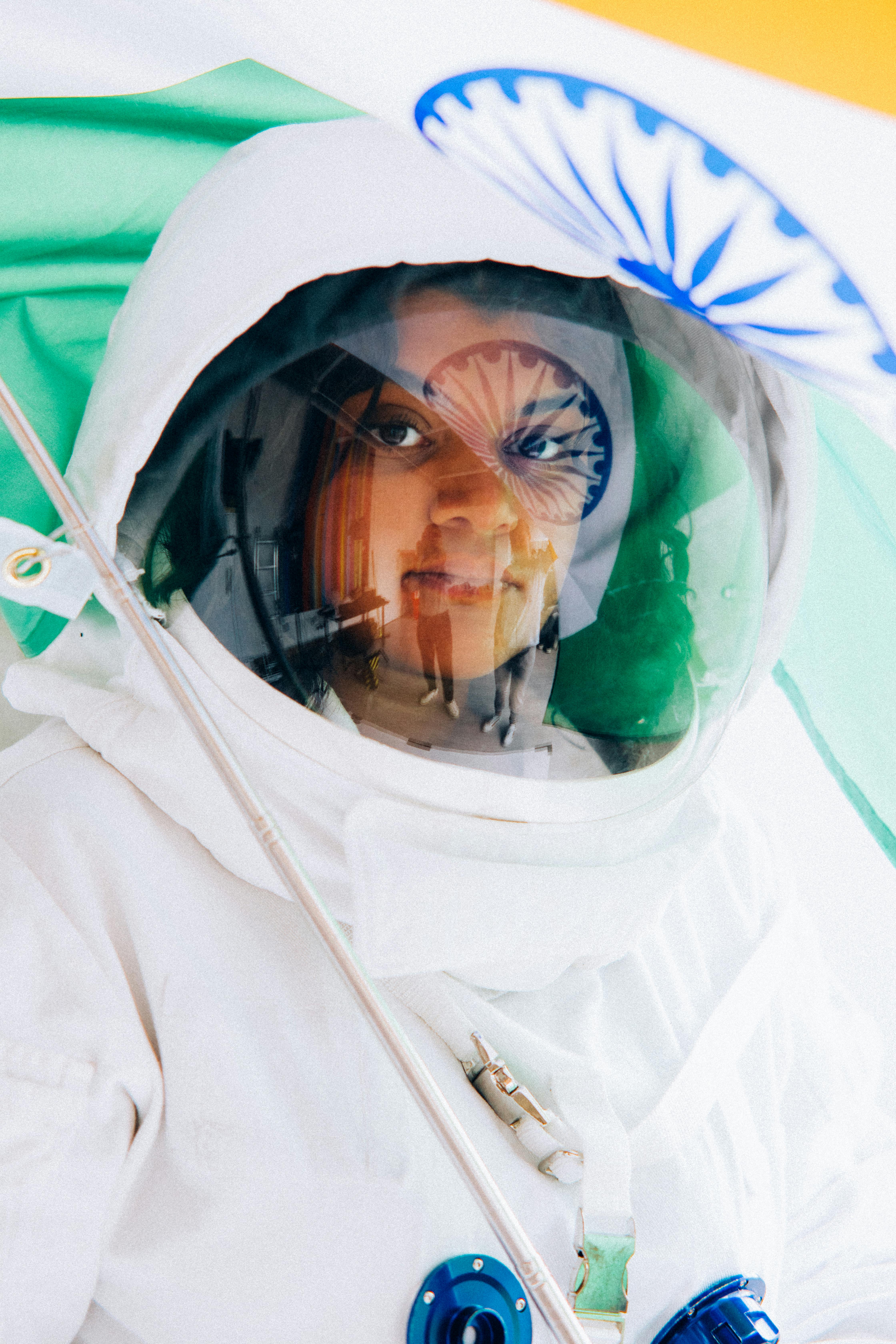
Introduction
The remarkable achievement of Group Captain Shubhanu Shukla, the first Indian astronaut to reach the International Space Station (ISS), marks a significant milestone in India’s ambitious space endeavors. As space exploration evolves and intensifies, this mission highlights India’s determination to extend its presence in space and achieve the once-distant dream of human spaceflight. This blog post delves into the intricacies of Axiom Mission 4, the technology underpinning it, and India’s burgeoning role in the global space community.
Shubhanu Shukla: From Gandhinagar to the Cosmos
Shubhanu Shukla’s journey is not just a tale of personal accomplishment but also a reflection of India’s growing confidence in its space program. Born in Gujarat, Shukla exemplifies the potential that dedication and perseverance can unlock. As a test pilot in the Indian Air Force, he has always had a fascination with pushing the limits of human capabilities. His selection for the ISS mission is a testament to his extensive training and expertise in aerospace.
The launch of the Falcon 9 rocket from Cape Canaveral, a feat accomplished by SpaceX, symbolizes the collaboration between nations in the realm of space. This mission was more than a personal journey; it represented a huge leap for India as it established a presence in one of the most advanced space laboratories known to humanity.
Axiom Mission 4: Technology and Innovation
The Dragon spacecraft, named ‘Grace’, which carried Shukla to the ISS, is a marvel of modern engineering. This mission encapsulated the essence of 21st-century space exploration, employing innovative technologies to enhance the experience and safety of astronauts. The reusable Falcon 9 rockets provide not only cost efficiency but also a demonstration of the evolving capabilities of private space enterprises.
The Dragon spacecraft is equipped with cutting-edge technology including autonomous docking systems, life-support systems, and touchscreen controls. Such advancements ensure that Shukla’s mission was not only safe but paved the way for future crewed missions, particularly with regards to operational procedures that will inform India’s own human spaceflight ambitions.
Research at the ISS: India’s Contribution to Science
Once aboard the ISS, Shukla took on the role of a researcher, collaborating with scientists from NASA and ISRO. He conducted vital experiments related to microgravity, bringing India’s scientific expertise to the forefront. One notable experiment focused on how microgravity affects food microbe growth, a critical aspect for sustaining astronauts during long-duration missions.
Furthermore, Shukla’s work involved analyzing interactions between astronauts and electronic devices in a zero-gravity environment. These vital observations will directly influence the design of future manned space missions and ensure the well-being of astronauts.
The Gaganyaan Mission: India’s Indigenous Space Dream
The upcoming Gaganyaan mission, aiming to send astronauts into Earth’s orbit aboard an indigenous rocket, symbolizes India’s growing capabilities in space exploration. Delayed due to various challenges, including the COVID-19 pandemic, the experience gained from Shukla’s ISS mission is invaluable and offers essential insights that will guide the Gaganyaan project.
Learning from the ISS Experience
- Astronaut training and mental preparation.
- Demonstration of life support systems in space.
- Troubleshooting and system diagnostics during critical phases of the mission.
These insights will assist ISRO in developing reliable environmental control and life-support systems, ensuring that India is well-prepared for its future endeavors in human space exploration.
India’s Vision for Future Space Exploration
India’s aspirations do not halt at low Earth orbit. Following successful missions like Chandrayaan-3 and Aditya-L1, ISRO’s roadmap is filled with ambitious goals that extend far into the cosmos:
- Chandrayaan-4: India’s first lunar sample return mission.
- Development of the Indian Space Station by 2030.
- Advancement of AI technologies for space applications.
- This mission highlights the foundation for India’s vast dreams in space exploration.
The Rise of India’s Private Space Sector
While ISRO leads many initiatives, India’s private space sector is emerging as a powerhouse of innovation. The achievement of Axiom Mission 4 illustrates the effectiveness of strong partnerships between governmental and private enterprises. The collaboration is fueling growth and diversifying the landscape of India’s space endeavors.
- Skyroot Aerospace is pioneering efforts in reusable rocket technology.
- Agnikul Cosmos is innovating with mobile launch pads and advanced rocket engines.
- Pixxel is working on hyperspectral imaging satellites, providing invaluable data for various sectors.
With governmental support via the Indian National Space Promotion and Authorization Center, these private start-ups are well-positioned to contribute significantly to India’s future space missions.
Conclusion: A Nation Rises
The successful launch of Shubhanu Shukla to the ISS resonates with pride throughout India. It is not merely a personal achievement but a huge leap forward for national development and innovation in space exploration.
This mission cements India’s position as a formidable player in the global space landscape. The collaboration, research, and partnerships formed during this mission signifies the dawn of a new era – one where Indian scientists, startups, and astronauts will work collaboratively to shape the future of space travel.
The countdown to India’s next adventures in space has begun, and the journey to the stars is just the beginning of a larger narrative in the tale of space exploration.
